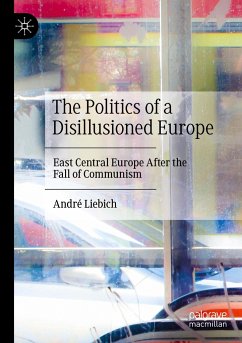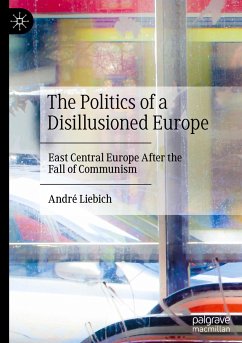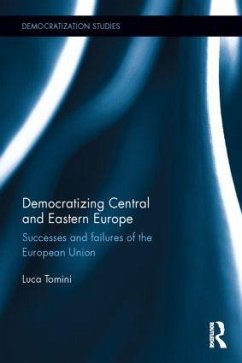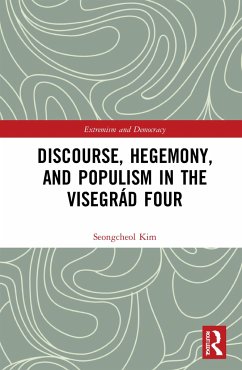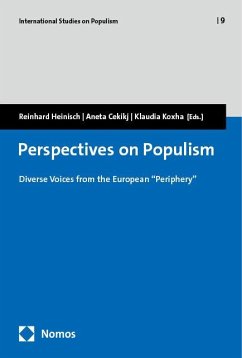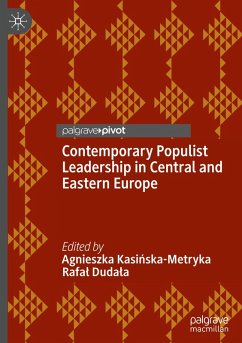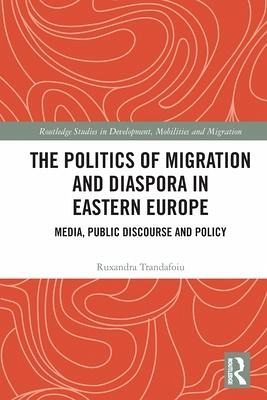
The Politics of Migration and Diaspora in Eastern Europe
Media, Public Discourse and Policy
Versandkostenfrei!
Versandfertig in 1-2 Wochen
54,99 €
inkl. MwSt.
Weitere Ausgaben:

PAYBACK Punkte
27 °P sammeln!
This book provides a critical analysis of the politics of migration in Eastern Europe and an understanding of the role played by media and public discourse in shaping migration policy. It will be key reading for advanced students and researchers of migration, media, international relations, and political communication.






